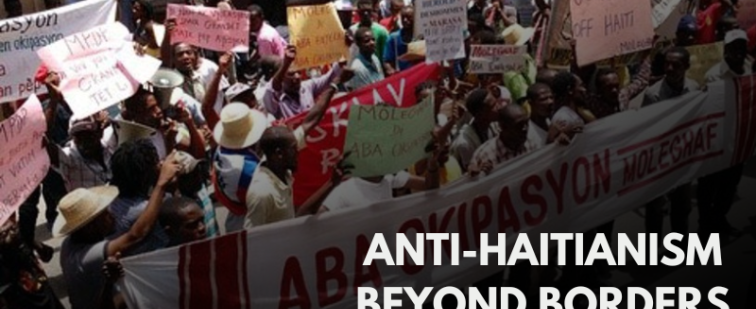Home
In a near-unanimous voice vote tonight, the Senate passed a "resolution of disapproval" that would nullify the Federal Communications Commission's latest attempt to dismantle longstanding media ownership limits.
Since January 1959, nearly half a century ago, U.S. mass media have reflected the views of the U.S. government and systematically misreported the Cuban Revolution. Few reporters have tried to understand—much less explain—the Cuban Revolution.
Guatemalans have supposedly lived in peace and democracy since the brutal 36-year civil war formally ended in 1996. But the state-sponsored terror of the past is again rearing its head. In today's undeclared war rates of violence in some cases surpass even those of the war, with the government repeating many abuses of the past.
On May 2, the day after nationwide marches clamoring for immigrant rights, federal authorities detained 64 workers from taquerias across the San Francisco Bay Area. In response, hundreds of activists have poured into Bay Area streets to protest the raids.
Just weeks after Venezuela, Ecuador, and Colombia pulled back from the brink of conflict, the U.S. Navy announced the Fourth Fleet to reassert U.S. power in the Caribbean and Latin America.
Since the debt crisis of the early 1980s, Mexico has lived through the slow disintegration of the corporate state created and controlled by the Institutional Revolutionary Party (PRI), its gradual replacement by a multiparty neoliberal state, and the emergence of new sources of governance and power—national and transnational, private and public, criminal and legal.
About two years ago, the global media discovered "paco," a cheap, highly addictive form of cocaine that was ravaging the impoverished neighborhoods of Buenos Aires. In explaining why paco had become so prevalent, most articles emphasized the widespread poverty that followed Argentina’s economic crisis beginning in 2001. But a NACLA investigation supported by the Samuel Chavkin Investigative Journalism Fund finds that the more important, if infrequently discussed, factor in the paco phenomenon is a shift in cocaine trafficking in the region—largely as a response to the U.S.-led War on Drugs.
 |
The election of a left-leaning former Bishop in Paraguay, and the growth of left movements around Latin America puts Pope Benedict and the Vatican on a collision course with Liberation Theology.
"The IMF is back," declared the International Monetary Fund's managing director, Dominique Strauss-Kahn, at its annual spring meeting earlier this month in Washington. And not a moment too soon either. To hear the organization's economists tell it (as they mingled in five-star hotels, long black limos and posh restaurants with bankers, businessmen and finance ministers from around the globe), they've arrived on the scene just in time to help solve the world's financial crisis.
Later this month, the International Criminal Police Organization (Interpol) will publicly determine the "authenticity" of laptops recovered from a rebel encampment in Ecuador after a March 1 raid on the camp by the Colombian military. Based on previous press coverage of the incursion and the documents, we are concerned that the media take extreme care in interpreting the Interpol findings.












